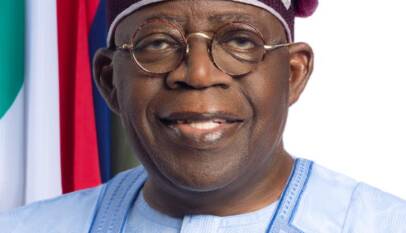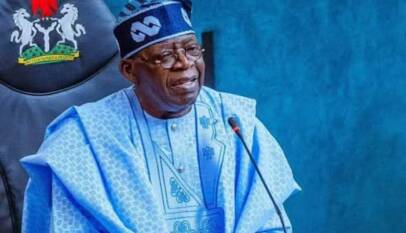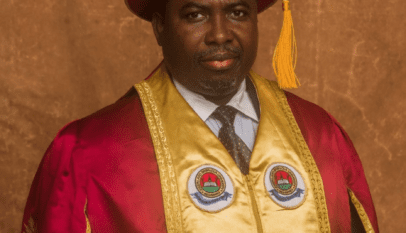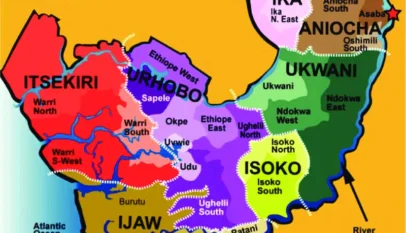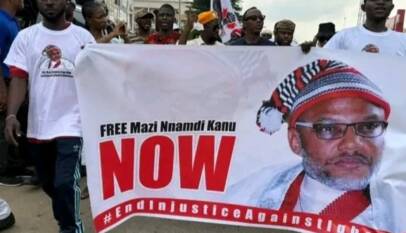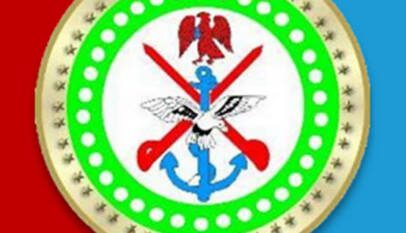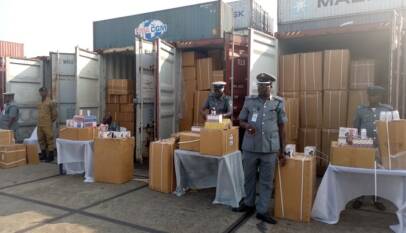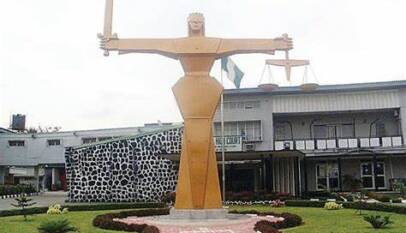The Emir of Kano and former Governor of the Central Bank of Nigeria (CBN), Muhammad Sanusi II, has expressed broad support for President Bola Tinubu’s economic policies, saying he agrees with about 80 percent of the administration’s direction but remains concerned about fiscal management and food importation.
Speaking in an interview with News Central on Tuesday, Sanusi commended the government for stabilising the economy through improved fiscal discipline and stronger coordination between monetary and fiscal policies.
“In terms of monetary policy and stability, I have nothing but commendation for the government. On the fiscal side, we have seen improvements in revenue-to-GDP ratios, debt service ratios, and a reduction in the deficit. These are positive steps, but we still have a long way to go,” he said.
The former apex bank chief, however, urged the government to pay closer attention to the quality and efficiency of its expenditures, warning that excessive spending on governance could undermine economic gains.
“I would like to see a better look at fiscal expenditure. We’re still spending too much money on government — on the cost of governance, too many political appointees, too many officers,” Sanusi said. “If we do not improve the quality of spending and rein in expenditure, we’re going to continue borrowing.”
He cautioned that Nigeria risks falling back into a debt trap if it fails to manage savings from subsidy removals prudently.
“After saving money from these expensive subsidies, after building up the government balance sheet, you go and spend it, and then you have to borrow again,” he warned.
Sanusi also criticised the government’s approach to food importation, describing it as counterproductive to domestic agriculture.
“I know it was driven by a desire to bring down food prices, but mass importation is, in the end, very counterproductive to domestic production and producer prices,” he said.
He called for renewed focus on agricultural reforms and the strengthening of local value chains to ensure food security and sustainable economic growth.
“Hopefully, we will get to a point where we go back on track with the reforms in the agricultural sector — fixing the value chain and relying on domestic production to feed the nation,” Sanusi added.
Summing up his position, the Emir said the Tinubu administration has made “significant strides” despite prevailing economic challenges.
“All in all, I would say I support 70 to 80 percent of what the government has done and the direction it is on,” he noted. “I do have reservations about one or two things, like food importation and the quality of expenditure, but I think we’re on the right path.”


